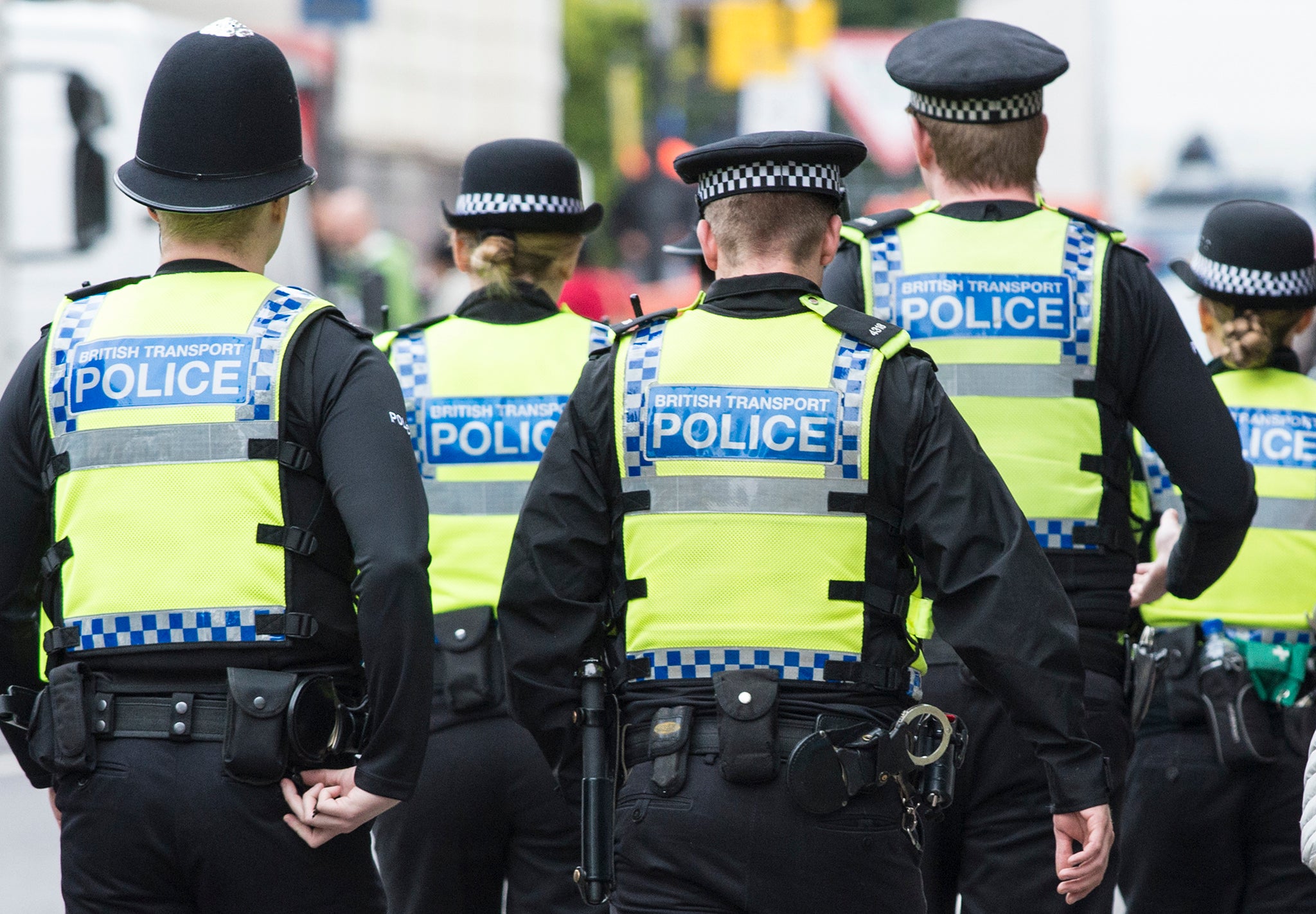Last year during the confirmation of Brett Kavanaugh, I wrote an article on the importance of the presumption of innocence in our society. Whilst we may have personal opinions, they cannot be allowed to affect an accused person’s life, only the law can do that. Throughout the last few months I have found myself thinking much of the same during the Carl Beech investigations, that the men accused if guilty were a particular kind of evil, but that I mustn’t jump to conclusions. For those not in the know, Beech made a series of false allegations of sexual abuse and cult murder against a supposed cabal of MPs, generals and senior figures in the intelligence services in the 1970s and 1980s, including prime minister Ted Heath.
When the truth about Beech was brought to light, I felt what most people did; relief that many public figures were innocent, but also anger at how far the spiral of lies and fantasies had been allowed to wind. I’ll admit that the repercussions for the police involved did not cross my mind until the decision was made, that nobody employed by the Metropolitan Police would face disciplinary action for the way the investigation was conducted. Whether certain officers deserve disciplinary action is itself an important question. We will all have our opinions, that they were simply doing their job, that they should have investigated Beech more thoroughly, that the names of investigated persons should not be made public until conviction. However, wherever you stand on this specific case, I believe there to be a much larger question that few people seem to be discussing, especially in the media coverage of events.
The fact that, put simply, the police police the police, is to me a drastic misjudgement in state oversight. Had another body been investigating the incident, the way in which these events have played out would likely have been very different. And they would be different for all the other cases of potential police misconduct over the years; The Battle of Orgreave, the kittling of students in 2010, the deaths of Sarah Reid, Sheku Bayoh and Mark Duggan to name but a few. Harsher sentences, lighter ones, a generally more thorough approach at least in theory.
Of course, there are many solutions, which many of you will find ideal or absurd. Many have suggested simply distancing the gap between the regular police and a section of the force designed to investigate, this seems to be the most popular but to me least effective option. Alternately a body ran by the state, with its own junior ministry in the Home Office. Due to my political and philosophical leanings, I support some form of completely independent watchdog, free from state influence. In my mind there cannot be effective regulation of the state by the state. At best it would breed complacency in those with good intentions, at worst corruption with those politicians and civil servants with less than pure intentions.
I assume it goes without saying that I am not an expert and judging by this paper’s student demographic I doubt you are either, no offence. I am not therefore calling for the independent body I believe would solve the problem, I have no intellectual ground to do so. However, I do not see any harm in encouraging a general debate. Yes on our campus and in our homes, but also in our newspapers, our local political parties, our general media in this country. A country, mind you, that right now seems to want nothing more than to be interconnected and to argue – hopefully – for a positive change. So all I ask is that as you watch reports of police brutality, police accolades, or just police mundanity in one of those easy to watch reality shows about cops on the road, you ask yourself; if the state decides whether it is guilty or not, how are we able to claim we live under leaders who fear our repercussions, instead of the other way around?
Image Credit: The Independent

